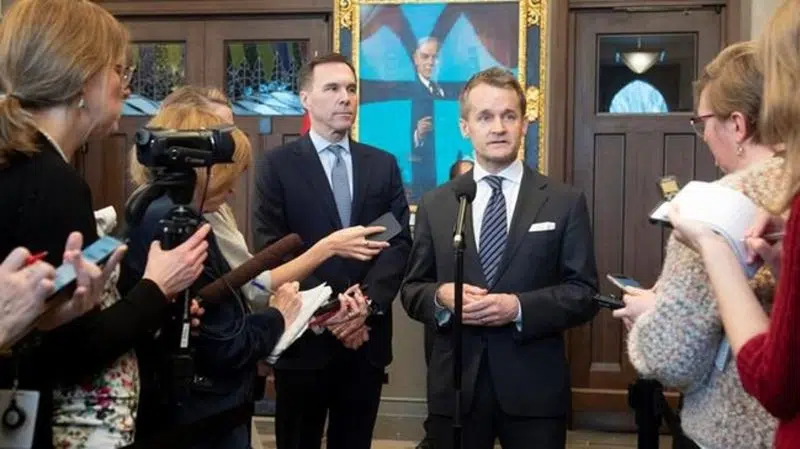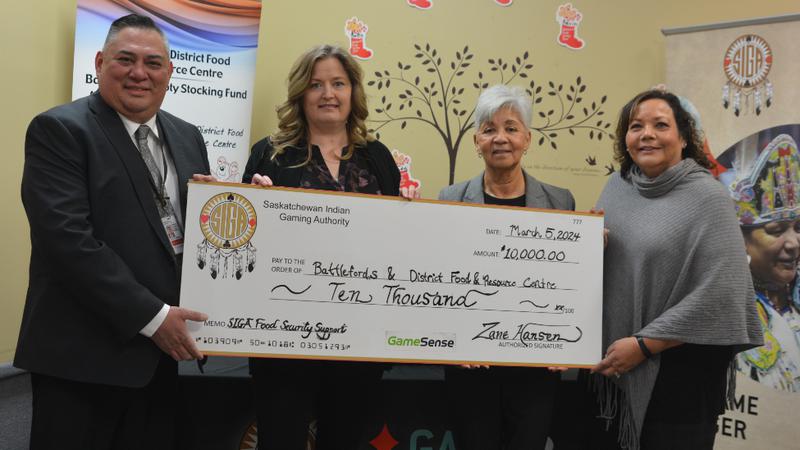
Federal Court dismisses First Nations’ challenges to TMX pipeline project
OTTAWA — The Trans Mountain pipeline expansion overcame another legal hurdle Tuesday when the Federal Court of Appeal struck down a challenge filed by several British Columbia First Nations.
The court decided in a 3-0 ruling that cabinet’s decision last June to approve the project a second time was reasonable under the law.
“For the reasons that follow, we conclude that there is no basis for interfering with the (cabinet’s) second authorization of the project,” the 95-page decision said.
In deciding that, the judges dismissed the four challenges from First Nations in British Columbia, who argued the government had already made up its mind to approve the project again before undertaking another Indigenous consultation process in 2018 and 2019.


